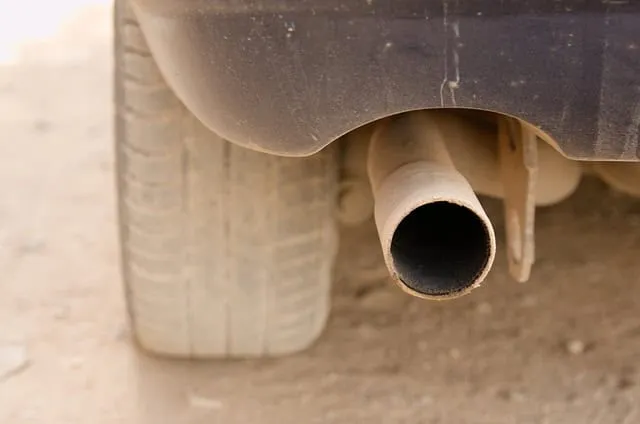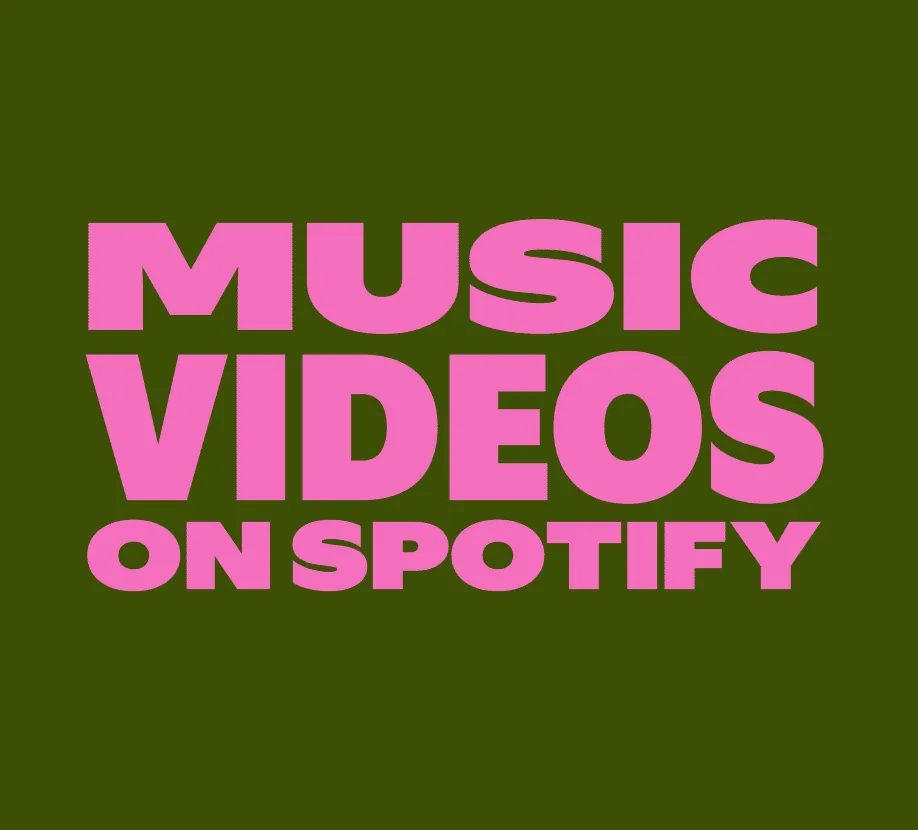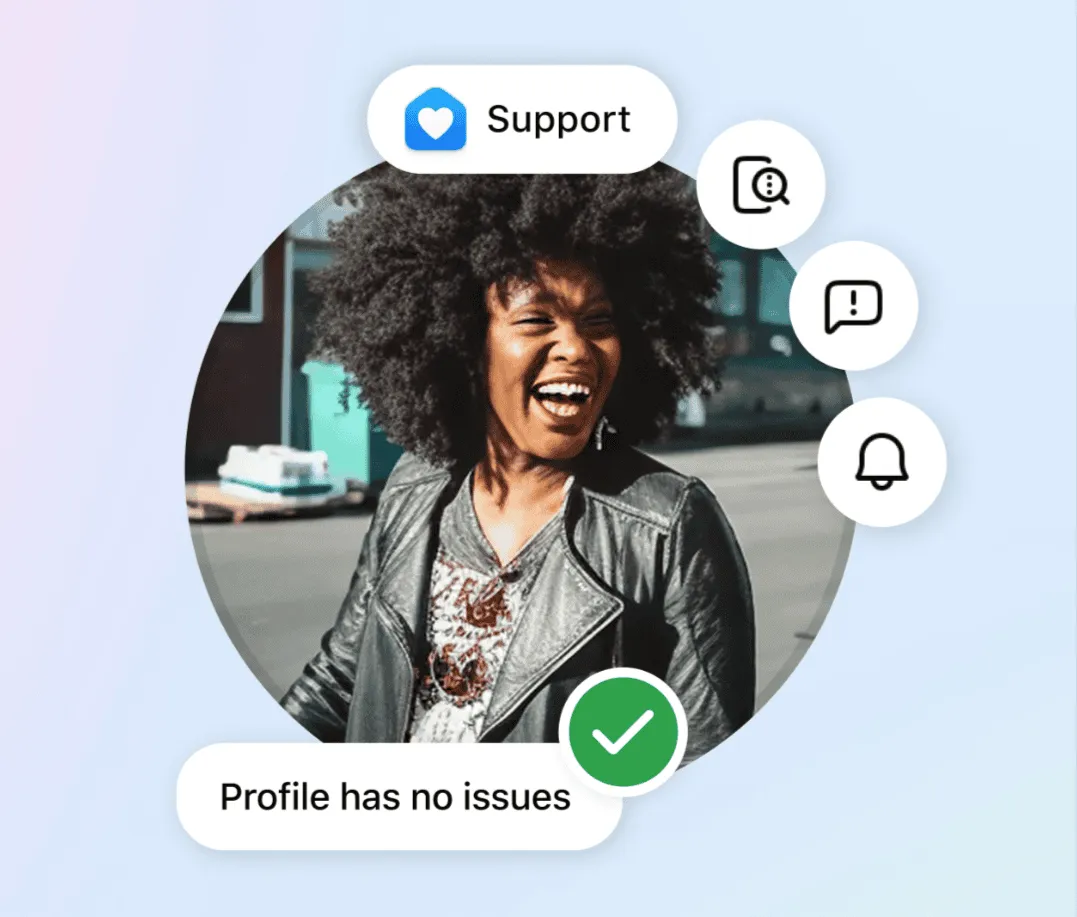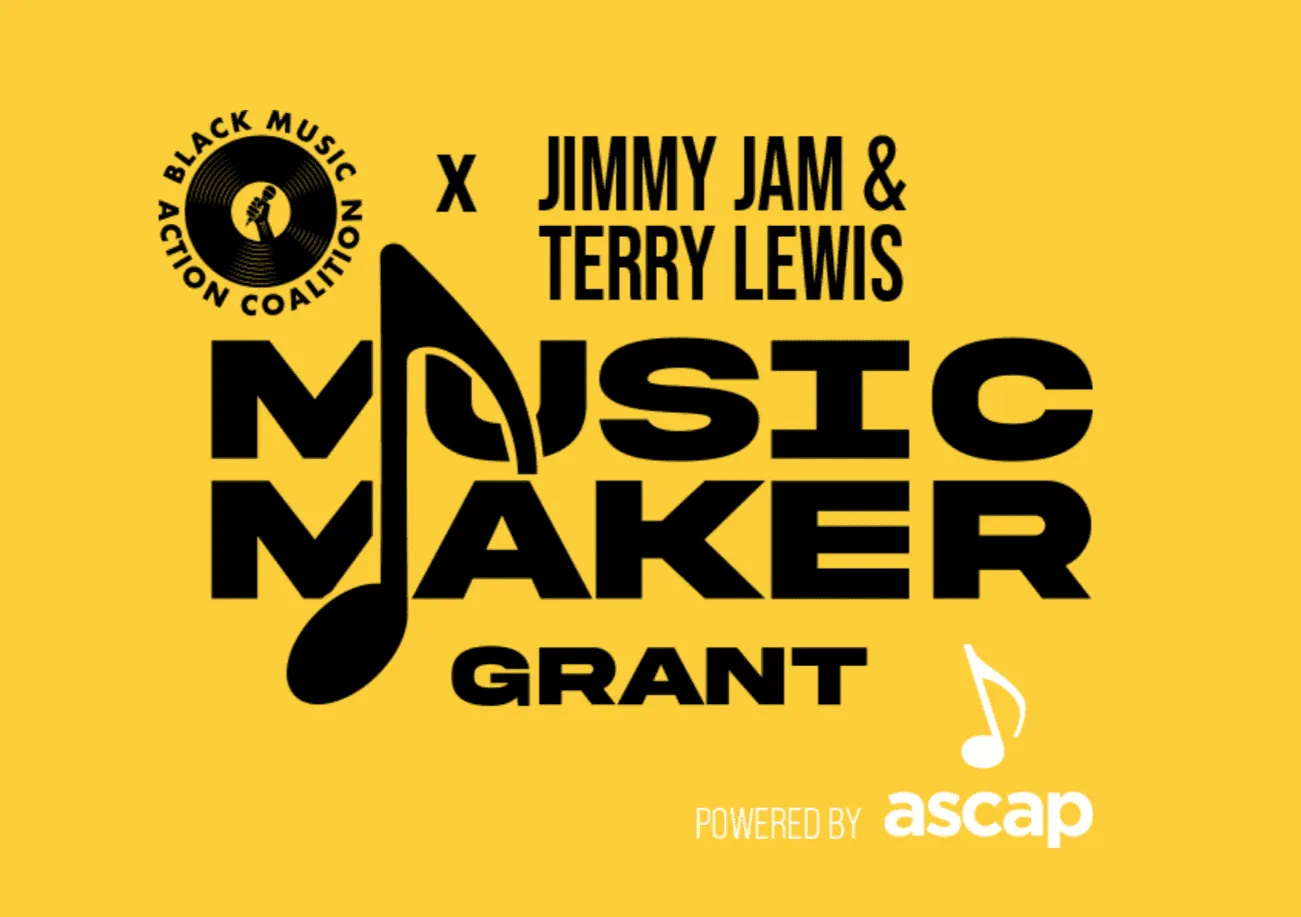How do you punish someone that doesn't believe what they're doing is wrong? Better yet, how do you tell someone that file sharing is immortal when they don't think that it should be illegal in the first place? These are the questions that Joe Cox, an economist from the University of Portsmouth Business School, found himself grappling with after he conducted his recent study. In it, he attempted to connect the dots between the motivations of file sharers and determine how those that shared content differed from those that made the content available. Why would someone with no financial incentive make creative works available for others to download? It doesn't have anything to do with money.
Instead, Cox found that "seeders" – as he referred to them in the study – are "motivated by feelings of altruism, community spirit and are seeking recognition among other members of the file sharing community." He also asserted that some derive pleasure from the "feeling of ‘getting one over on the system’ too."
To which Cox concluded that file sharers see themselves as "the Robin Hoods of the digital age." Considering these insights, he believed that it's going to be quite difficult to persuade file sharers to stop doing something they believe to be morally right. Despite the attempts of industry trade groups to campaign and advise file sharers of their illegal behavior, many remain unmoved in their position.
Due to this, Cox argues that we may have to consider funding the cultural industries through the public sector. Since the music and record industries can't exclude people from acquiring their content, he contends that music and movies are now public goods. "The characteristics of this are you can’t exclude people from enjoying the benefits of it if they don’t pay for it, and if any one person consumes the good it doesn’t affect anyone else’s ability to consume it too," he says. "Classic examples are things like street lighting or national defence."
"I would argue that these days music and movies are public goods. You can’t really exclude people from using them. The internet is giving them the availability to share this material at will and it’s virtually impossible to stop that. And with the digital nature of material, you can make perfect reproductions and share it to others. What economists say will happen if you have a public good and look to the free market, the market won’t provide any output because everyone will just look to free-ride, and not pay themselves. But if no-one pays the good doesn’t get produced." (Read on.)
—
Hypebot will be interviewing Joe Cox soon, what should we ask him?



